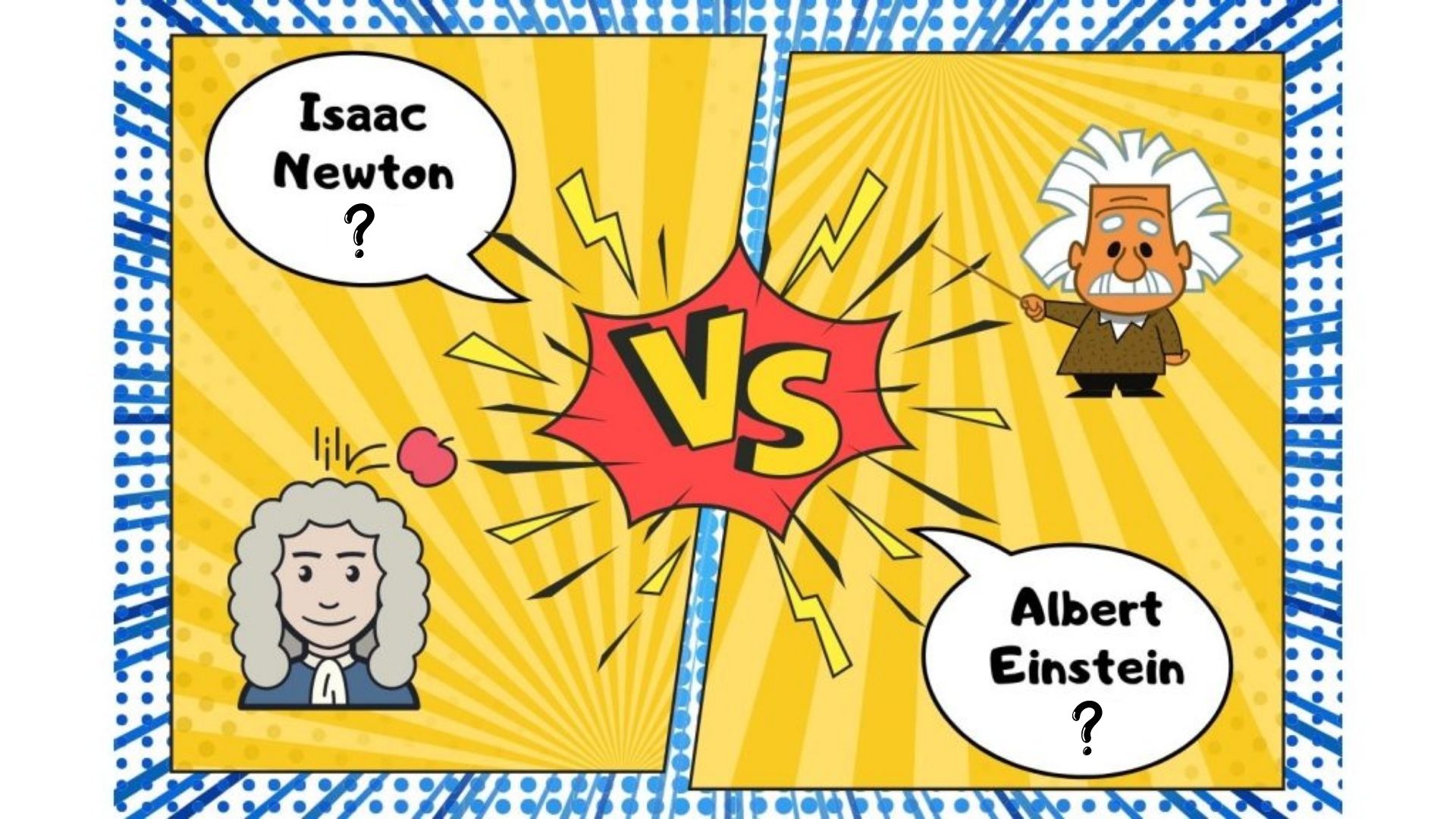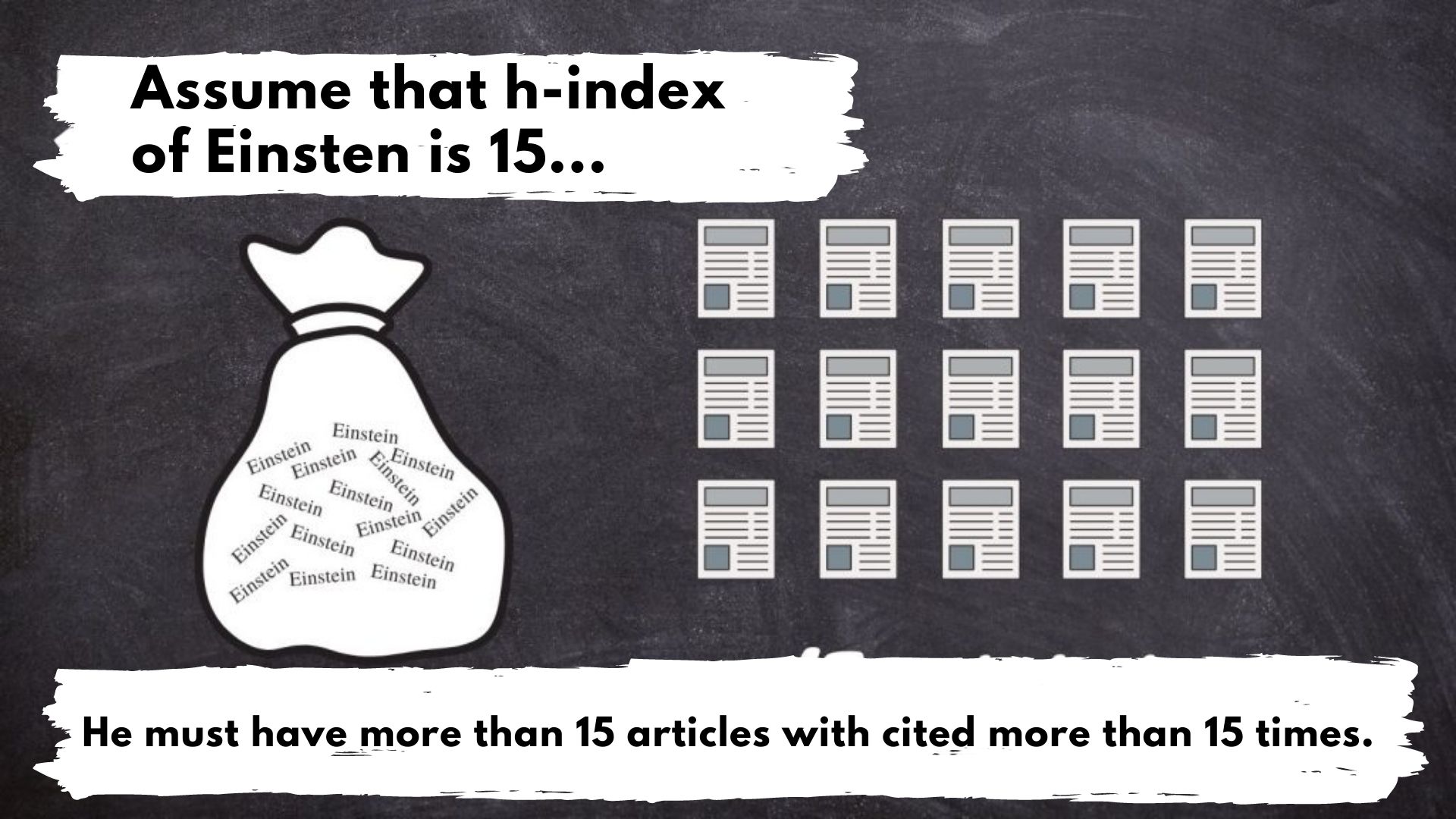A Ranking that Can Answer “Which Scientist is More Successful?” Questions: What is the H-index?

A Ranking that Can Answer “Which Scientist is More Successful?” Questions: What is the H-index?
It’s been an ongoing debate among physicists for years, whether Newton or Einstein was the greater physicist. Of course, there is no clear answer to this question (although most physicists support Newton), but comparisons like this one clearly show how keen people are in comparison and ordering. When it comes to ranking scientists, an important question arises; How do you measure the success of a scientist? The H-index is a ranking and measure of achievement index developed by the physicist John Hersch from the University of California to find a solution to exactly to that problem.

How is the H-index Calculated?
One of the most important criteria in measuring the success of scientists is the number of articles they publish. Although it is not a very realistic measurement value (two or three articles per person per year is the average value in the theoretical branches, and it is quite a small number in the experimental branches), it gives an idea of the productivity of the scientist. Another important criterion is the number of citations to the published article, which can be an expression of how much that article is known and used by other scientists. The H-index brings these two criteria together to create a unit of measurement; if a scientist’s h-index is h, that means the scientist’s h articles have been cited more than h. That is, a person with an h-index of 15 has 15 articles that have received more than 15 citations.

Pros of H-index
Like every evaluation system, this system has its pros and cons at the same time. First of all, if we talk about the good sides, the h-index can be used to rank not only individuals but also academic communities that work collaboratively such as institutions, organizations, departments, and groups. What’s done here is that to look at the articles published by a group and the number of citations they have received. On the other hand, since the h-index does not look at the quality of the journal in which your publication is published (Nature or any other journal, it does not matter), the impact of studies on the same subject in the scientific world can be understood more easily. Another important plus is that studies with few but high citations (which are usually published review articles) have less impact on the evaluation.
Cons of H-index
Of course, there are some cons to the h-index and artificial ways of increasing one’s own h-index. One of the main drawbacks is that the h-index puts scientists who have been broadcasting in above-average quality for a long time ahead of scientists who have published few but notable and high-quality publications; Scientists with long-term careers may have higher h-indexes since what matters in this ranking is the total number of articles published and the citations they receive. For example, if Einstein had retired in 1905 after publishing four of his world-changing papers, his h-index would have remained 4 or 5; However, the total number of citations of these four articles exceeds 2000.

Another disadvantage of the H-index is that it gives equal importance to all authors in articles published by a large staff of authors; Thus, the author who contributed the most to the preparation of that article and the author who was least interested are placed in the same category. The last negative side we will talk about in this article is that people can increase their own h-indexes, thanks to the fact that the authors constantly refer to their own articles. While it’s kind of a get-around, there isn’t much that can be done against this method yet.
Does High H-Index Bring Nobel Prizes?
The h-index is a frequently used evaluation method, despite all its pros and cons. However, it does not give any concrete information about the future career of the scientist, as it only uses information from the past years. On the other hand, one might ask whether a high h-index will bring a Nobel Prize, and the answer is definitely no; The Nobel Prize is not awarded for lifetime achievement, but for individual work that is groundbreaking.
To the list prepared by Webometrics in March 2021 When you look at it, you can see that Nobel Prize-winning researchers often find a place for themselves in the lower part of the h-index list. Also, the h-index creates a ranking value only when applied to researchers working in the same field; Because the number of citations and citation quality in different fields is related to the number of researchers working in that field, it is not possible to compare studies in different fields.
References and Further Reading
Ball, P. (2012, January 6). The h-index, or the academic equivalent of the stag’s antlers. The Guardian. Retrieved November 8, 2021, from https://www.theguardian.com/commentisfree/2012/jan/06/bad-science-h-index.
Gingras, Y., & Khelfaoui, M. (n.d.). Albert Einstein the mediocre: Why the h-index is a bogus measure of academic impact. Phys.org. Retrieved November 8, 2021, from https://phys.org/news/2020-07-albert-einstein-mediocre-h-index-bogus.html.
Highly cited researchers (H>100) according to their google scholar citations public profiles. Ranking Web of Universities: Webometrics ranks 30000 institutions. (n.d.). Retrieved September 28, 2021, from https://www.webometrics.info/en/hlargerthan100. Kreiner, G. (1AD, January 1). The slavery of the h-index-measuring the unmeasurable. Frontiers. Retrieved November 8, 2021, from https://www.frontiersin.org/articles/10.3389/fnhum.2016.00556/full.
Images not cited are used through Canva Pro with a royalty payment.
The proofreading has been done by Asu Pelin Akköse and Mete Esencan.
Would you like to support us?
- For more detailed information, you can check our “Support Us!” page!







